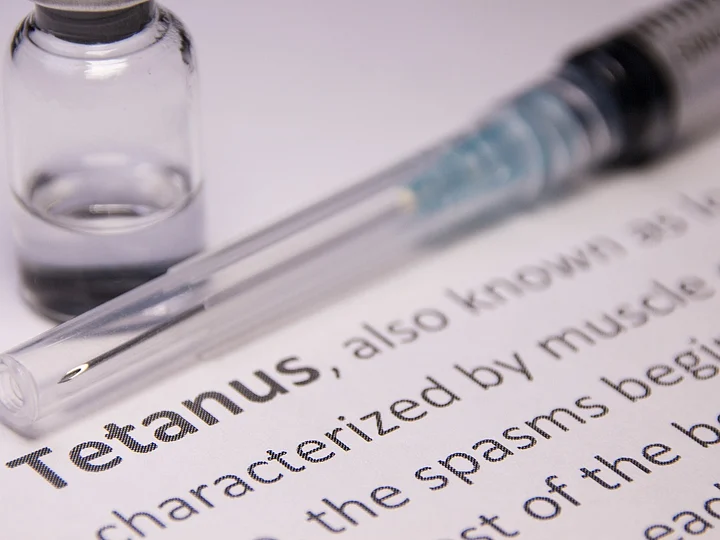Tetanus is a serious disease that affects the nervous system and the disease is caused by a toxin-producing bacterium. The main symptom of tetanus is muscle contractions of your jaw and neck muscles. Tetanus is also known as lockjaw.
If a tetanus case is left untreated, it can be fatal. Moreover, there is no cure for the disease thus the patient and doctors only focus on managing the symptoms and complications of tetanus until the effects of the tetanus toxin resolve.
There are a number of vaccinations for tetanus in the US thus there are a few cases in the country and other developed parts of the world. The disease remains a threat to people who are not vaccinated or live in developing countries. Have a look at the causes, symptoms, diagnosis, and treatment of tetanus.
Tetanus: Signs & Symptoms
According to the doctors of the Mayo Clinic, the common signs and symptoms of tetanus include :
Painful muscle spasms
Muscle stiffness
Rigid jaw
Tension in muscles around the lips
Painful spasms and rigidity in the neck muscles
Difficulty in swallowing
Rigid abdominal muscles
Fluctuations in blood pressure
Rapid heart rate
Fever
Extreme sweating
Tetanus: Causes
Tetanus is a disease caused by a bacterium called Clostridium tetani. The bacterium thrives in a dormant state in soil and animal feces.
When this bacteria enters a wound, it activates a condition good for growth and the cells are awakened. As the cells grow and divide, they release a toxin called tetanospasmin that impairs the nerves in the body that have control over the muscles.
Another major cause of tetanus infection is not being vaccinated or not keeping up with the 10-year booster shots. Other risk factors include (Centers for Disease Control and Prevention)
Cuts or wounds exposed to soil
A wound by a nail or splinter
A history of immune-suppressing medical conditions
Infected skin lesions
An infected umbilical cord
Shared and unsanitary needles for drug use
Tetanus: Diagnosis
There are no specific tests to diagnose or confirm a tetanus infection but doctors can diagnose tetanus by asking about the recent history of cuts, scrapes, wounds, or trauma. They may examine the patient for certain signs and symptoms.
Tetanus: Treatment
There is no cure for tetanus as mentioned before but there are ways to manage the disease and its symptoms.
You must visit the hospital for evaluation and proper care.
Your doctor may recommend immediate treatment with tetanus immune globulin (TIG)
Proper wound care may provide relief in symptoms
Doctors may prescribe medicines or antibiotics to control muscle spasms
Tetanus vaccination that protects against tetanus and other diseases:
DTaP and Tdap protect against diphtheria, tetanus, and pertussis
DT provides protection against diphtheria and tetanus
Td protects against tetanus and diphtheria

